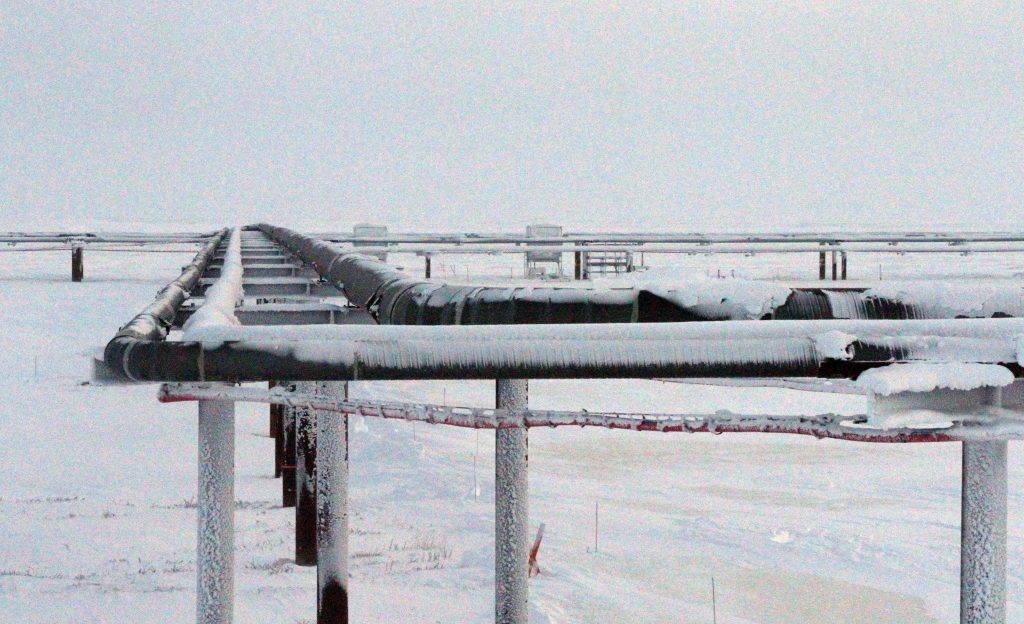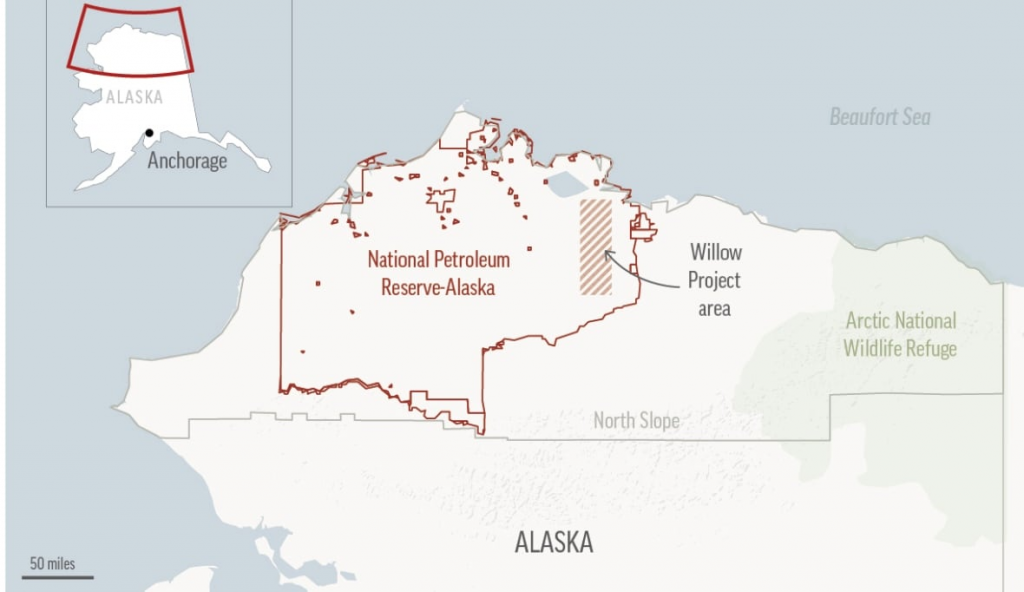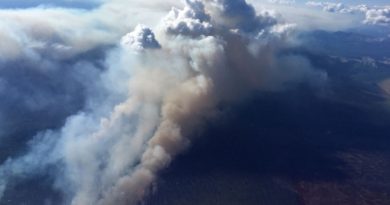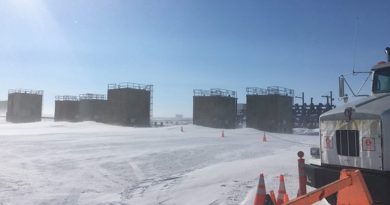U.S. Interior to scrap Arctic oil rule following Alaska outcry

Alaska’s congressional delegation applauded the U.S. Interior Department’s decision to roll back a 2024 rule that restricted oil and gas development in the National Petroleum Reserve-Alaska (NPR-A), calling it a win for the state’s economy and for national energy production.
“I thank Secretary Burgum for listening to Alaskans and recognizing the explicit legal purpose of our petroleum reserve,” Sen. Lisa Murkowski (R-Alaska) said in a statement on Tuesday.
“This is a victory not only for those who support responsible development, but also those who believe in the rule of law.”
Return to earlier regulations
The announcement came June 2, following what the department described as a “thorough legal and policy review.”
Interior officials said the rule, finalized last year, created legal and procedural barriers that conflicted with the law Congress passed to guide development in the reserve.

Interior Secretary Doug Burgum said the 2024 rule will be rescinded and replaced with earlier regulations that have guided development in the NPR-A for years.
“The 2024 rule ignored that mandate, prioritizing obstruction over production and undermining our ability to harness domestic resources at a time when American energy independence has never been more critical,” Burgum said. “We’re restoring the balance and putting our energy future back on track.”
The NPR-A covers about 23 million acres of federal land in the Arctic on Alaska’s North Slope. The area was established by Congress in the 1970s for oil and gas development, with a mandate to balance energy production with protection of surface resources.
Obligation to maintain “competitive leasing program”
The 2024 Biden rule expanded regulatory requirements for drilling and created a presumption against new oil and gas activity across roughly 13 million acres of “Special Areas” — regions with recognized wildlife or subsistence value.

Under that rule, developers had to demonstrate their activities would have little or no impact to move forward.
Interior officials now say those provisions had no basis under the Naval Petroleum Reserves Production Act, the law that governs how the reserve is managed. They also said the rule contradicted the department’s obligation to maintain a “competitive leasing program.”
The proposed rescission aligns with recent executive orders from President Trump that emphasize the need to increase domestic energy production. One of those orders, issued in January, directs federal agencies to “unleash” Alaska’s resource potential and remove obstacles to development on public lands.
- Vast and remote: The National Petroleum Reserve–Alaska covers 23 million acres on Alaska’s North Slope — the largest public land unit in the U.S.
- Drill but protect: Congress designated the NPR-A for oil and gas development in 1976, but also required protection of wildlife and subsistence resources.
- What changed in 2024? A rule under the Biden administration limited drilling across 13 million acres of “Special Areas,” citing environmental concerns.
- Now being reversed: The Trump administration says that rule conflicted with federal law and stifled domestic energy production.
Sen. Dan Sullivan said Burgum shared news of the rollback at a town hall meeting in Utqiagvik, an Arctic town in the North slope, the night before the official announcement.
“The announcement was roundly met with cheers from Alaskans of the North Slope, who understand better than anyone the proper balance between responsible oil production and the subsistence way of life they cherish,” Sullivan said, adding that responsible development has supported infrastructure and basic services in remote arctic Alaskan communities.
The Bureau of Land Management will return to the regulations that were in place prior to May 2024. Those rules incorporate environmental protections through a planning framework known as the Integrated Activity Plan.
A 60-day public comment period will begin once the proposed rule is published in the Federal Register.
Comments, tips or story ideas? Contact Eilís at eilis.quinn(at)cbc.ca
Related stories from around the North:
Canada: N.W.T. gov’t to review impact benefit agreements between mines and Indigenous groups, CBC News
Greenland: Greenland ‘Freedom City?’ Rich donors push Trump for a tech hub up north, Reuters
Russia: Russia sees stable oil exports and booming gas business by 2050, Reuters
Sweden: Swedish developer GRANGEX buys iron ore mine on Norway’s border to Russia, The Independent Barents Observer
United States: Trump officials to travel to Arctic Alaska to explore state’s resource potential, Alaska Public Media



